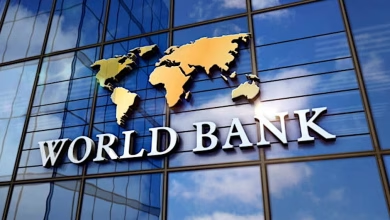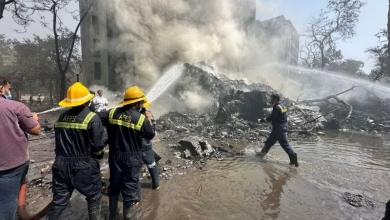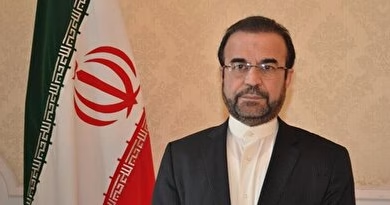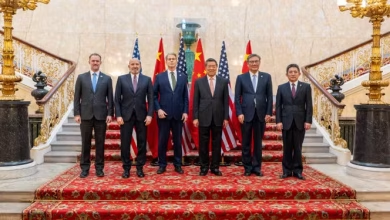Mass trial of Tunisian president’s opponents begins
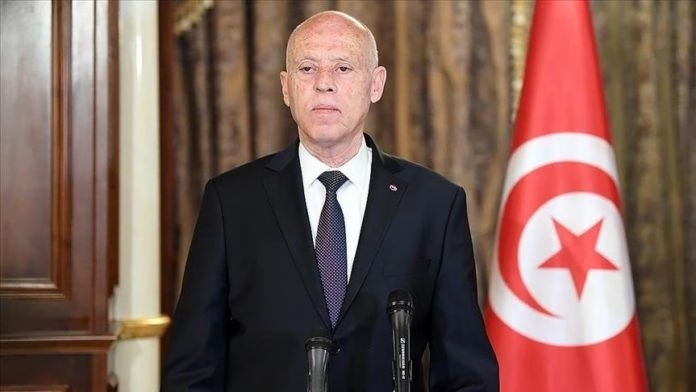
- A mass trial in Tunisia involving 40 opposition figures
- Human Rights Watch and the UN have condemned the trial
- The trial reflects President Saïed's increasing authoritarian control
The ongoing mass trial in Tunisia involving approximately 40 high-profile opposition figures has attracted significant international attention, with accusations that the case is politically motivated. The defendants, which include diplomats, politicians, journalists, and lawyers critical of President Kaïs Saïed, are facing severe charges, including “plotting against state security” and “belonging to a terrorist group.” If convicted, some could face the death penalty.
Human rights organizations, including Human Rights Watch, have condemned the trial as unjust, referring to the charges as abusive and politically driven. The United Nations has also called for an end to the persecution of political opponents in Tunisia, further raising concerns about the state of judicial independence under Saïed’s government. In response, Tunisia’s foreign ministry expressed disbelief at the UN’s criticism, defending the legal proceedings and claiming inaccuracies in the UN’s statements.
The trial is seen as emblematic of President Saïed’s increasingly authoritarian rule, especially following his controversial actions in 2021 when he dissolved the parliament and began ruling by decree. His consolidation of power, including changes to the constitution, has led to fears of a weakened judiciary and the erosion of democratic norms in the country.
Defense lawyers have voiced strong objections to the trial, citing issues such as limited access to case files and the general lack of fairness in the proceedings. Some of the defendants, like former presidential chief of staff Nadia Akacha, are being tried in absentia after fleeing the country, highlighting the personal risks faced by those opposing Saïed’s government.
The trial has sparked widespread protests in Tunisia, with activists denouncing the political persecution and demanding the release of detainees. The situation highlights the deepening political crisis in Tunisia, a country that was once seen as a beacon of democratic progress in the Arab world following the 2011 revolution.
The trial continues to fuel tensions between Tunisia’s government and international human rights organizations, as well as raising concerns about the future of political freedoms in the country.



